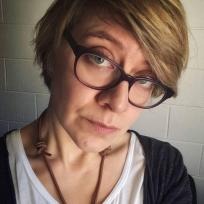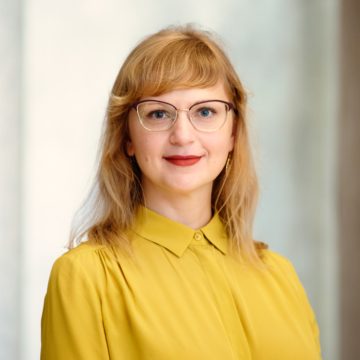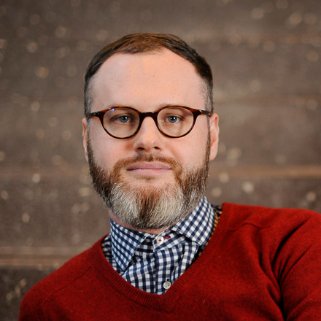On Russia's war against Ukraine
Advocacy: No peace without justice. Many people believe that pursuing "peace at all costs" is the right course of action in Ukraine. While appearing moral, halting military action at the current stage means that the mass killings, summary executions, rape and torture, deportations, arbitrary violence and detention, looting of people's belongings and cultural heritage in the occupied territories will continue with impunity. Not only "peace at all costs" is a call for subjugation in disguise, but it cannot stop even the military action in the long term. After a pause, the attack is bound to resume with fresh forces unless the mainstream imperialist chauvinist ideology loses its cultural and political domination in Russia. If you have political representation in one of the countries that are capable of providing assistance to Ukraine, please call for aid and sanctions that would help Ukraine to achieve not only peace but justice — at the very least, the liberation of the occupied territories — for as long as Ukrainians are willing to fight for it.
Host scholars and students. Consider hosting Ukrainian scholars and students at your institutions through, e.g., Science for Ukraine.
Platform Ukrainian voices. If you hold events or curate publications on Ukraine, make sure to invite Ukrainians and experts on Ukraine, not Poland or Russia. If you are looking for Ukrainian academics who could comment on the war taking into account the technological aspects, I have compiled a list for you.
Donate to vetted local organizations on the ground. The majority of humanitarian work in Ukraine is done by local organizations, yet they receive only 0.003% of all humanitarian contributions. Reluctance to donate to unfamiliar organizations is understandable, but I encourage you to try this curated list of local organizations: standforukraine.com
- On the decolonial approach to Russian culture, and why it is not appropriate to give equal platform to Russians and Ukrainians in the context of the war.
- An explainer on whether this war is about denazification, and whether it is a conflict between the NATO and Russia.
- An explainer on the Azov regiment and movement.

She researches threats to digital rights, networked authoritarianism, internet freedom, and internet governance in Eastern Europe. She is the author of Beyond the Protest Square: Digital Media and Augmented Dissent (Rowman & Littlefield, 2021), an in-depth study of protest and digital media in Ukraine and Russia.
[website] [twitter]

Works on comparative study of protest, elections, migration & identity in Eastern Europe and Latin America. In 2022, Onuch joined a team of of colleagues at the Kyiv School of Economics, Duke, UNC, and University of Maryland on the #DataForUkraine project providing data on: civilian resistance (CR), human rights abuses (HRA), internally displaced people (IDP) and humanitarian support/needs (HS) durring the ongoing Russian invasion of and war against Ukraine.
[website] [twitter]

She is a sociologist researching social media and its implications on how we communicate with each other, engage in humanitarian activism in our communities, and influence the outcomes of military conflicts near and far. She is also a domain expert and media commentator on the Russia-Ukraine relations and my work has been featured on television, radio, and in press articles, including on ABC, SBS, BBC, Bloomberg, Vox, LA Times, and others.
[website] [twitter]

Her research focuses on security studies, modern warfare, cyber conflict, cyber institutions and capability, Russian and Eurasian politics. Her methodological areas of interest include network analysis, mathematical and computational modeling, and text analysis.
[website] [twitter]

This list was last updated in July 2022.
